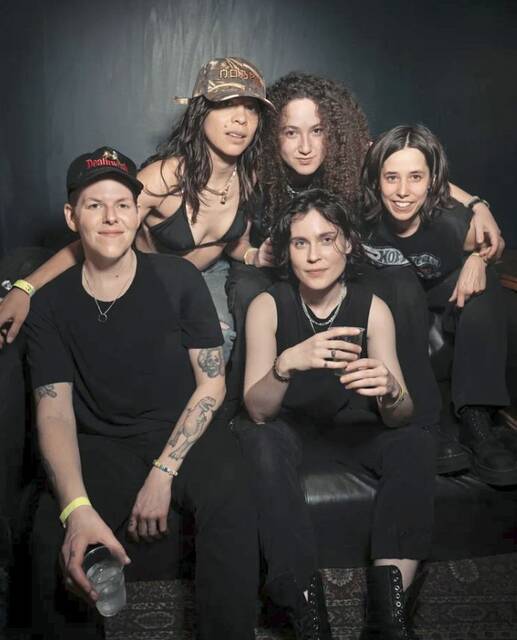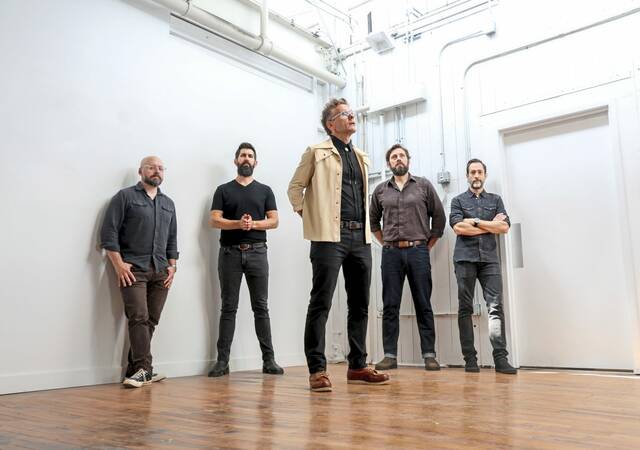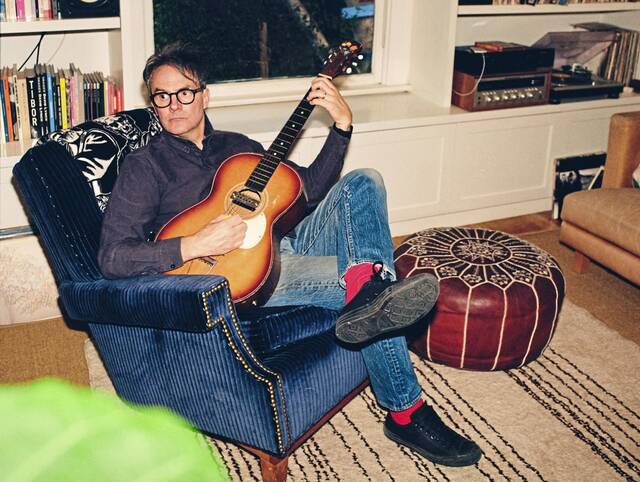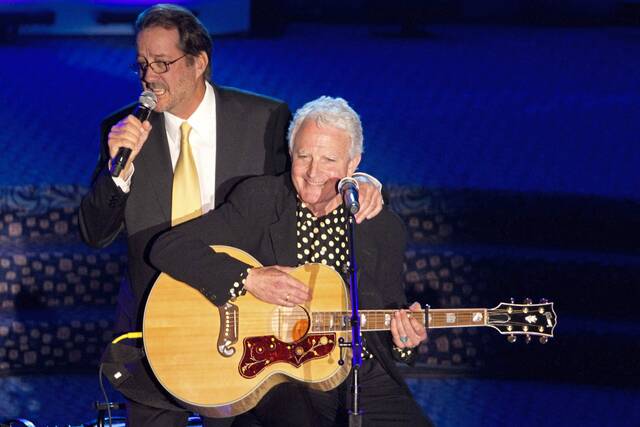The fire nine months ago at Notre Dame in Paris shocked the world because of the cathedral’s beauty, iconic status and antiquity. Construction began in 1161 and wasn’t completed until more than a century later. It is an expression of a time about which we know far less than we do about the even more ancient Greek, Roman and biblical eras.
One of the most compelling explorers of medieval culture is Benjamin Bagby, the American singer, composer and harpist who lives in Paris. He has performed in Pittsburgh many times, usually with the small ensemble he formed called Sequentia. This week they bring a new program to town with fresh discoveries of the ways our distant ancestors expressed themselves.
Sequentia will perform “Charms, Riddles and Elegies of the Medieval Northlands,” a presentation of Chatham Baroque and Renaissance and Baroque, on Jan. 14 at Pittsburgh’s PNC Theatre at Point Park University.
Three members of Sequentia, including Bagby, will give free lectures on related topics Jan. 15 at Pittsburgh Theological Seminary.
Bagby, who recently retired from his professorship at the prestigious Sorbonne University in Paris, and Sequentia have enjoyed a long successful career, including many international tours and a large discography.
‘Essential quality of each song’
Bagby says contemporary audiences respond to Sequentia’s repertoire because of its differences from modern musical diets.
“Music has become very sophisticated and very easily manipulated in our world,” he says, referring to technology which can produce any musical effect.
Sequentia’s music “is artisanal, acoustic and very much gets to the essential quality of each song. It is an extremely honest expression of the experience and I think people are increasingly hungry for that, having been served this very rich diet of heavily manipulated music over years and years and years.”
The music Sequentia will perform this week “tells us much about (the belief of people a millennium ago) in the power of sound to move people and also change their lives. A great many of the charms and incantations we perform were used for daily altering of events or healing of sickness. These texts have thankfully survived and we know they were sung. We try to recreate the way they may have sounded in the 8th or 9th centuries.”
The texts survived via the oral tradition for centuries before they were written down, usually in monasteries.
Bagby’s own interest in medieval culture began when he was a boy.
“I was always interested in stories,” he says. “There’s nothing special about that. I was interested stories of heroes and epics, especially ‘Beowulf’ but also the story of Dante’s descent into the Inferno. I had a seventh-grade teacher to thank for that. He really pushed me to read above my level when I was that age. It was for me, my introduction to the middle ages, from which I obviously never recovered.”
The Old English epic poem “Beowulf” has continued to be an important part of Bagby’s life. His performances of it on stage have been revelatory for many people, including Pittsburghers when he did it here in February 2007. It is still in demand. He’ll perform “Beowulf” in Vancouver, Canada, and in New York City this month.








